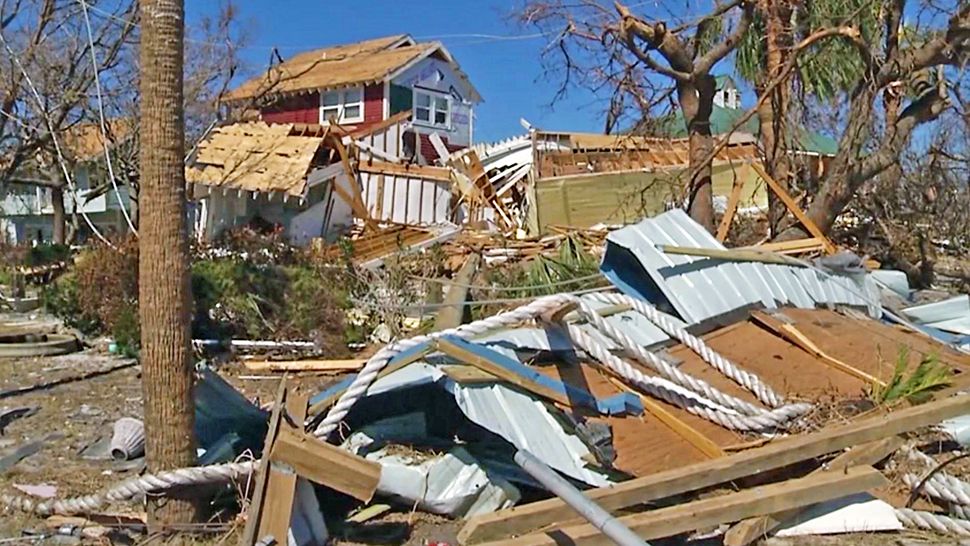FLORIDA — Experts warn more needs to be done to prepare for hurricanes long term.
- Experts suggest have emergency route mapped out
- Install impact-resistant doors, windows
- Some say government should look at ways to stop climate change
- INTERACTIVE: Before-and-after satellite images of Mexico Beach, Florida ▼
Recent hurricanes like Matthew, Irma and Michael have caused significant damage and loss of life in Florida.
"It's not a matter of if, it's a matter of when. So having the proper preparation for a significant hurricane is going to be the smartest move," said Jeremy Gregory, the executive director of the MIT Concrete Sustainability Hub.
Gregory, along with the National Oceanic and Atmospheric Administration, say a plan now ahead of the next big storm: have an emergency route mapped out and protect your home with impact-resistant doors and windows.
However, it is not just the average citizen who should plan long term. Federal and local governments also need to think beyond immediate fixes for hurricane damage.
Dr. Gerry Bell, a NOAA lead seasonal hurricane forecaster, says the government should not just look at changes to infrastructure, but also possible ways to stop the changing climate.
"We know the ocean levels are rising, so as storms are approaching, that means potentially more water inundation of the coastlines, potentially higher storm surge," said Bell. "That means potentially more people being impacted per the same storm."
Researchers continue to look at how climate change may or may not have an impact on storms.
Before and after
Images taken by an NOAA satellite of Mexico Beach, Florida, in the Panhandle show the devastation left behind by Hurricane Michael, one of the most powerful hurricanes to hit the U.S. The hurricane made landfall near Mexico Beach.
